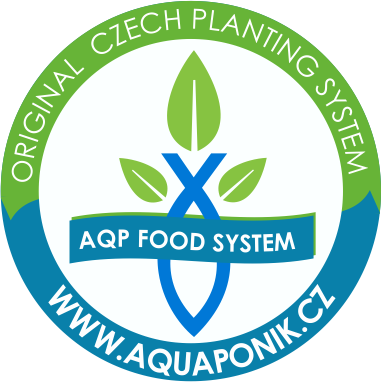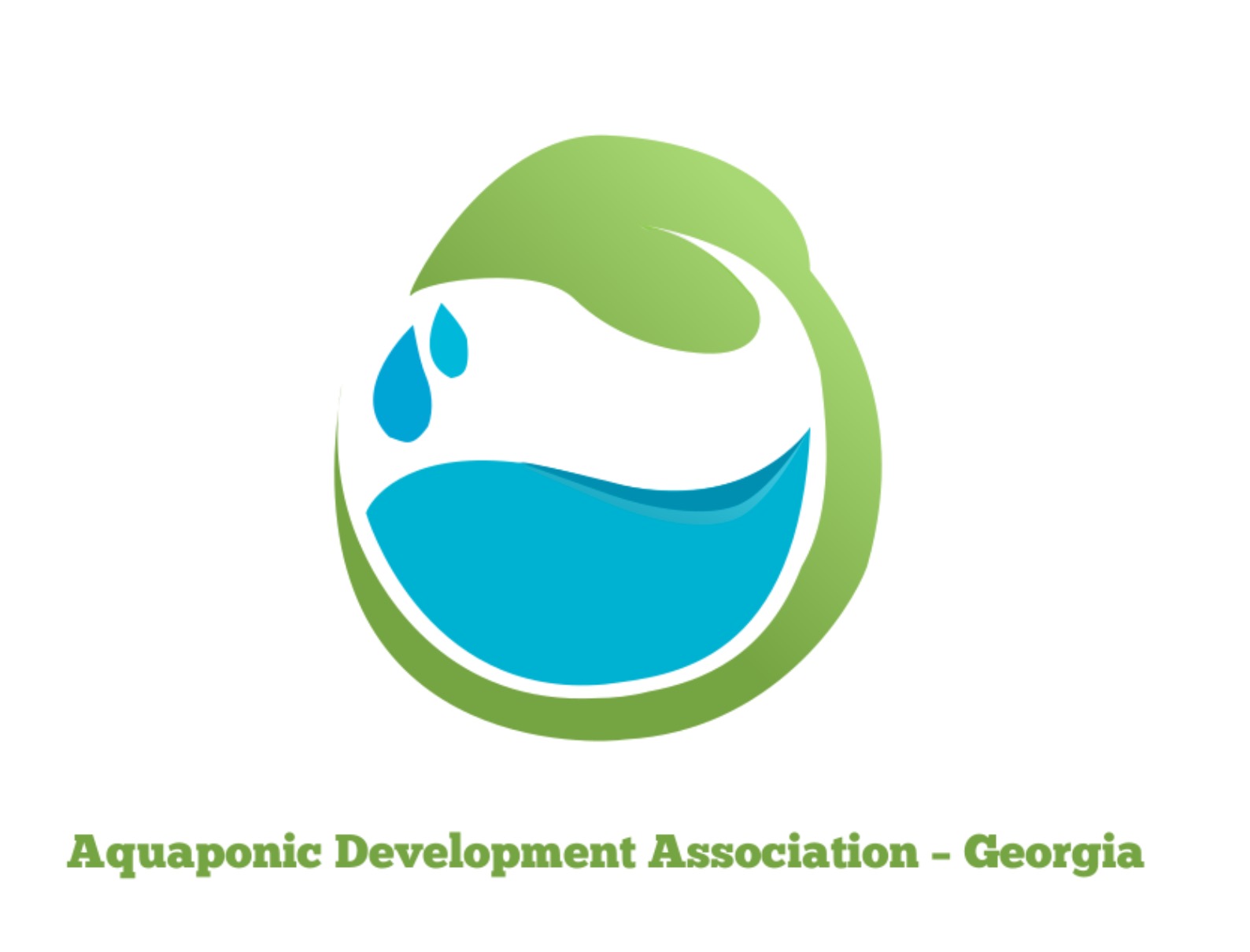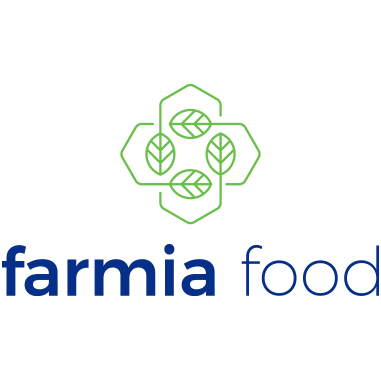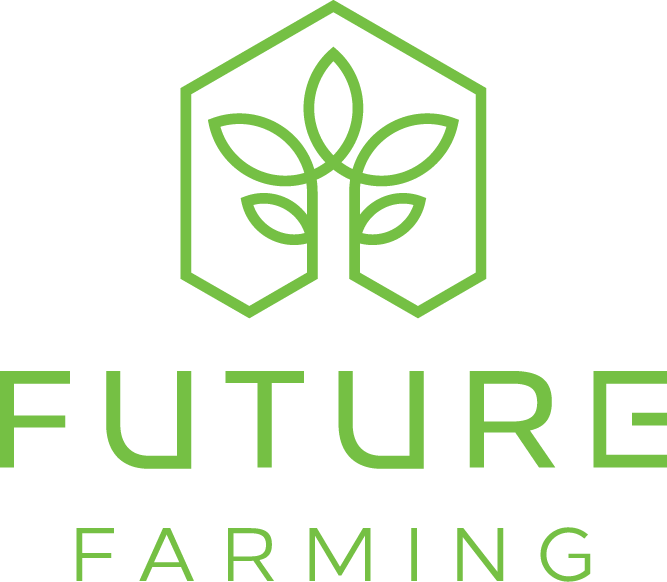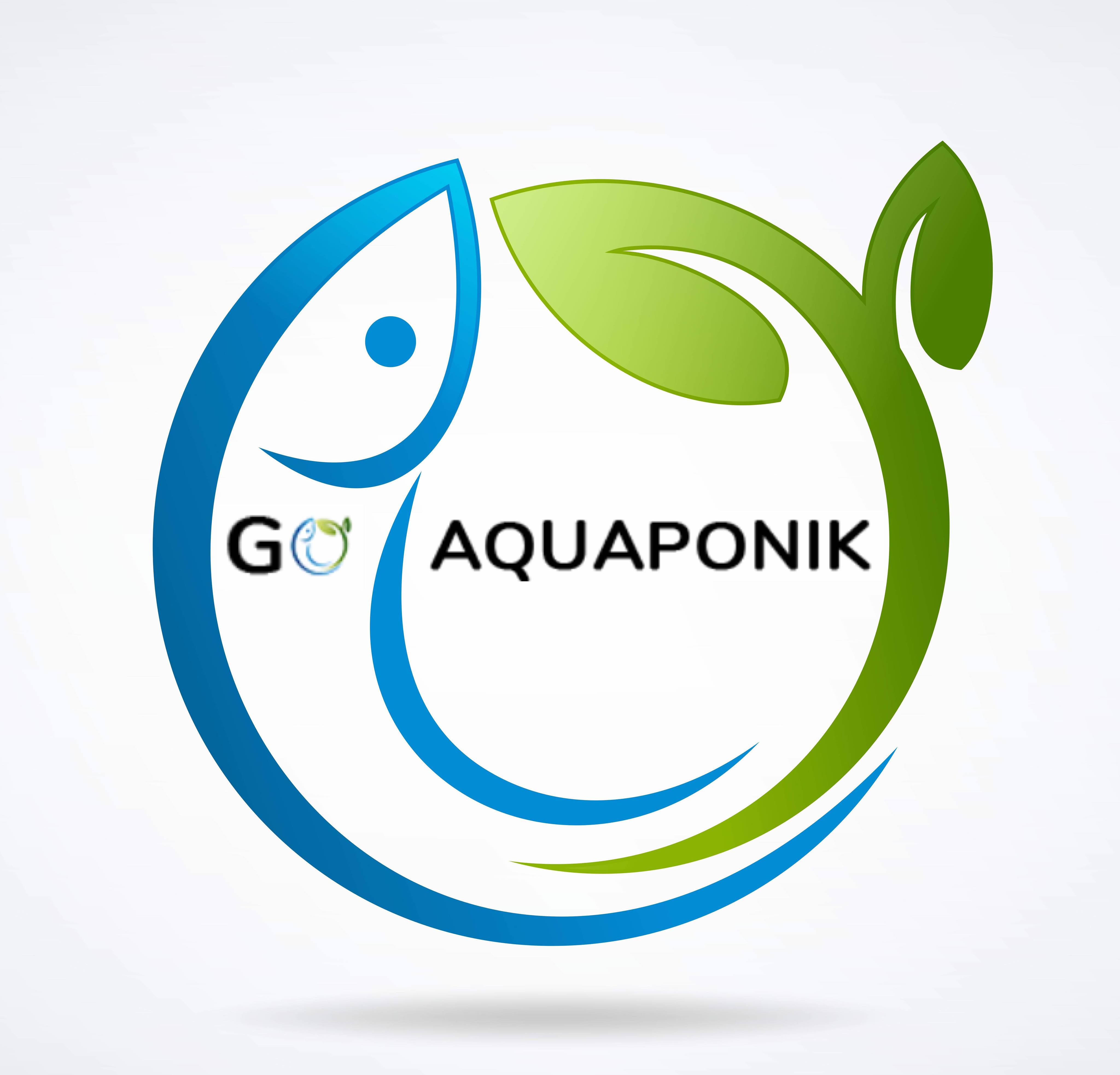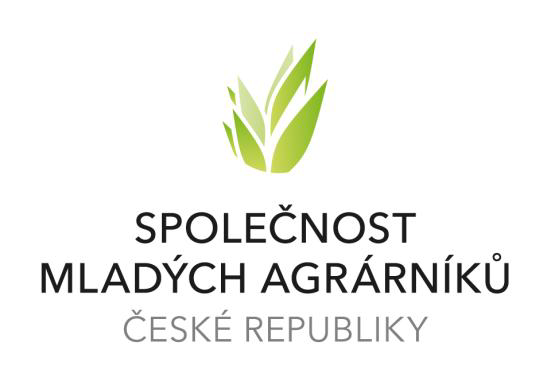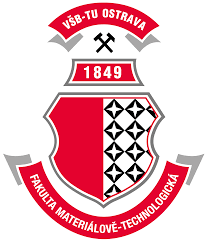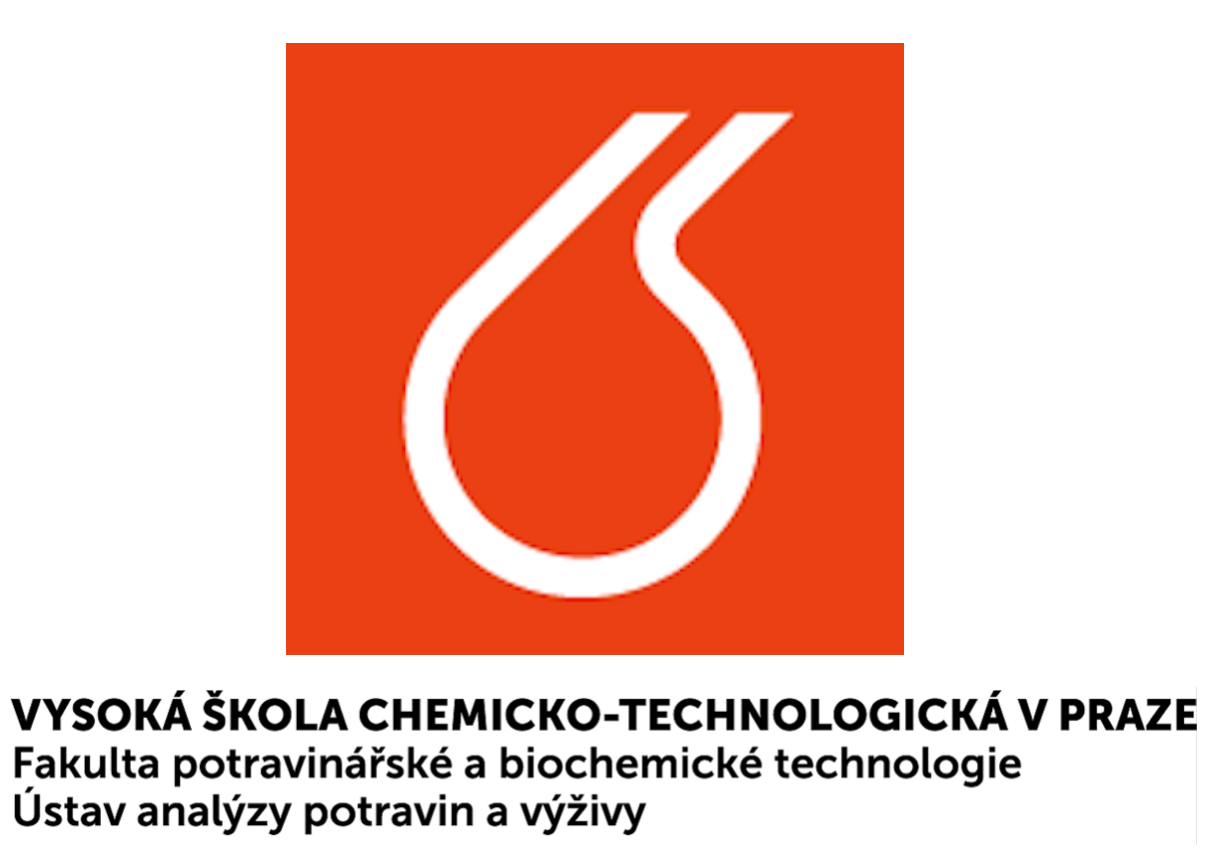Aquaponia is a relatively new field that was not here 10 years ago, with no widespread awareness of it. The only applications of this technology were limited to small hobby systems or university research. The pioneers of research in the Czech academic sphere are Ing. Jan Mráz, Ph.D., from the University of South Bohemia in České Budějovice and prof. Ing. Robert Pokluda, Ph.D., from Mendel University in Brno. Over the past five years, several more or less successful commercial firms have been building and operating aquaponic farms. Our association has done an incredible job of popularizing and informing the public about this way of growing food and has allowed many other actors to participate in the industry. The biggest break occurred in 2019, when the attitude towards aquaponia changed dramatically and it suddenly became a regular and acclaimed business. Several commercial farms from various manufacturers and suppliers will launch their operations in 2020. But not only the construction of farms is a huge business opportunity. As soon as the greenhouse is fully running, there is a free space opening up for wide range of entrepreneurial opportunities.

The most crucial sector will be trade of aquaponic products. The leader of this industry is Farmia Food, which buys products from aquaponic farms, monitor the quality of products and sell them under the unified quality label "Absolutely quality food". Foods labelled in this way will meet strict nutritional requirements. The analysis will demonstrate the absence of undesirable chemical substances. Regular testing will be performed at the University of Chemistry and Technology, Prague by a team led by prof. Ing. Jana Hajšlová, CSc., one of the world's largest food quality experts. Aquaponic farms production does not have a negative impact on the environment, is waste-free, local and independent of weather and climate fluctuations. Last but not least it consumes less water than conventional agriculture.
For the smooth functioning of the aquaponic industry, verified suppliers of fish fry, fish for breeding and feed, seeds and seedlings are needed. Consumables and product logistics will need to be resolved. An integral part of this industry is research and development, which will provide a competitive advantage to those companies investing in it. The development of aquaponic technologies is very dynamic. The success key is establishing cooperation with experts and universities. This is evidenced by farms built three years ago, which are now technically and ethically outdated due to ignoring the latest knowledge and reluctance of implementers to implement them.
Our association records the demand for aquaponic farms workers for about 50 people in 2020 and another 150 in 2021, and that is the demand of Future Farming only. It is clear that this demand will not be met without cooperation with educational institutions and universities. It is necessary to accredit new fields of study and to prepare students for new types of farming, such as aquaponics and hydroponics. In conventional agriculture, there are a lot of problems that experts have been talking about for 30 years, but not much has been done about it. The interests of ordinary people paying the taxes, remain the last. Combined with climate change, these problems will only deepen. Every crown we do not spend on solving problems will multiply each year. Only one day we cross the line where these problems will be unsolvable with money.

The aquaponic industry has no ambition to demolish established food production systems, which are, among other things, the biggest environmental problem. The aquaponic industry is already an alternative to chemical and unhealthy conventional agriculture, and consumers themselves choose what direction to support. Every sensible person would like to protect the environment, but very few are committed to practical action or longer-term initiatives. Through the purchase of aquaponic food, everyone can actively contribute to an industry that is not demonstrably and transparently burdening nature with overexploitation of resources, agrochemicals, unnecessary logistics, waste, desertification, deforestation and inhumane attitude towards animals. By purchasing AQP Food you are rewarded with healthy and local food.
The major aim of our association is to allow everyone access to such foods. Additionally, anyone who wants to become a producer of such foods will have the opportunity. In the field of hobby applications, the company Aquaponik comes with a whole range of world-unique products designed primarily for aquaponic systems. At the trainings it is possible to learn the basics of aquaponics and farming processes, enabling homes, families and communities to produce such healthy food.
Another major task of our association will be to seek legislative changes, that restrict the construction of hydroponic and aquaponic farms. Unfortunately, in this area the Czech Republic is somewhere at the level of African countries. While Singapore boasts with a state-of-the-art farm on the roof of a world-famous hotel, you will not find any land here that the zoning plan would consider suitable for fish breeding, crop cultivation, food processing and sales in the city centres. Engineering and project documentation is very difficult and time & money consuming. Approval processes cannot respond flexibly, as aquaponics is not defined in our laws. Every second project in the Czech Republic is swept away from the table by an office because of the impossibility of finding a loophole in legislation that, despite the immense efforts of all involved, allows building the farm.
The above-mentioned trends and difficulties to face are currently an issue not only in the Czech Republic, but worldwide. Yet, a new wave coming up. Some countries are well ahead, but many are far behind, as we know from our partnerships with aquaponic institutions worldwide.
All these changes await us in the future. It does not matter who will be against, who will throw the dirt, and how fierce the competition will turn out in the emerging industry. Aquaponia has a great future. It was not & will not be easy, there is still load of work ahead of us. But there are already enough people engaged, who are interested in pushing it forward and leaving this planet better for generations to come.
Thank you for your support, especially to those, who promote these new ground-breaking ideas!
For the Aquaponic Farms Association
Bc. Michal Fojtík, translated to English by Bc. Jakub Flek, MSc.





